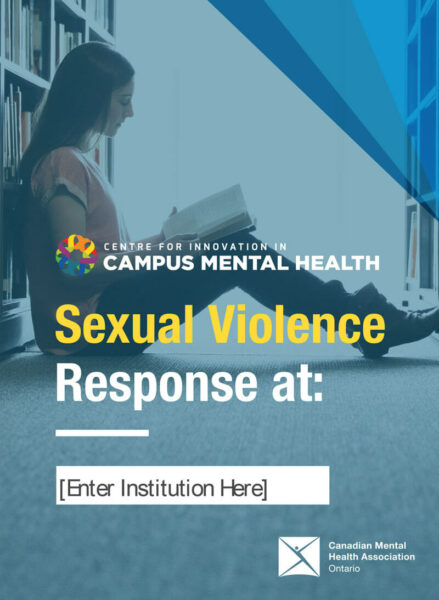Responding to the First Disclosure
Responding supportively to disclosures of sexual violence is essential for survivors’ well-being.
Research demonstrates that supportive responses lead to reduced symptoms of post-traumatic stress disorder and depression, and act as a protective factor against worsened health outcomes. Unsupportive responses often lead to an increase in post-traumatic stress disorder symptoms, regretting disclosure, increased self-blame, and social withdrawal.
While overtly negative responses (e.g., victim-blaming comments) are understandably unsupportive, some responses that are not overtly negative may also be unsupportive (e.g., that are egocentric, minimize the survivor’s experience or invalidate the survivor’s response to the sexual violence).
Supportive responses include:
- Listening without judgment or interruptions
- Asking only relevant questions based on one’s role and the objectives of the meeting
- E.g., a case manager doesn’t need to ask about details in the way an investigator might
- We can provide support and navigation without knowing all the details
- Being compassionate and respectful
- Validating the individual’s response to the experience
- Providing options for further support
Unsupportive responses include:
- Placing any blame on the individual or suggesting they are responsible for experiencing sexual violence
- Asking unnecessary questions
- Comments that minimize the survivor’s response, such as “Don’t think about it so much”
- Controlling the decision-making process
For a guide to responding to disclosures, see CICMH’s Advertising Your Program template.


